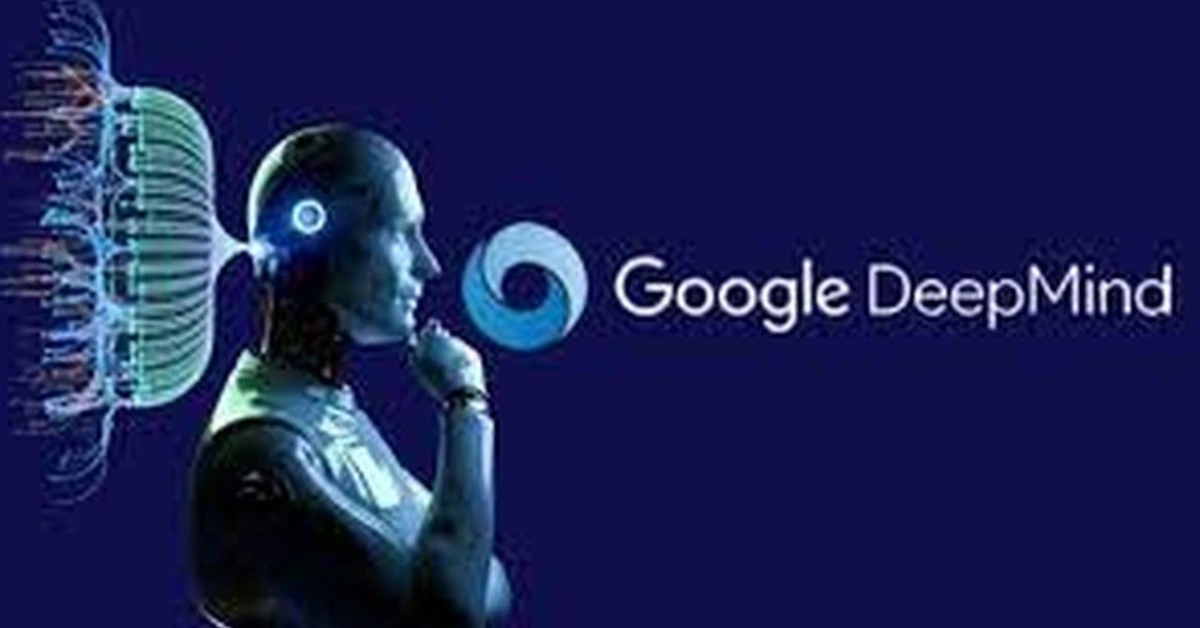
USA – Google DeepMind and BioNTech have collaborated to develop AI-powered lab assistants that aim to transform scientific research.
Under the leadership of Sir Demis Hassabis, Google DeepMind is working on a specialized AI model that serves as a virtual research assistant.
The goal is to enhance interdisciplinary collaboration and reveal unexpected connections across scientific fields.
At a recent Nobel Foundation event, Hassabis highlighted AI’s growing role in biology, describing it as a revolutionary force.
He shared Google DeepMind’s ambition to create an AI model capable of planning experiments and predicting their likelihood of success.
As part of this shift toward AI-driven science, BioNTech and its London-based subsidiary InstaDeep introduced Laila, an AI assistant powered by Meta’s open-source Llama 3.1 model.
Laila demonstrated its capabilities by automating routine tasks like DNA analysis, visualizing experimental data, and interacting with lab equipment.
In a live demonstration, it even detected a mechanical malfunction, showcasing its potential to assist researchers in real-time.
Karim Beguir, CEO of InstaDeep, emphasized that AI tools like Laila are productivity enhancers, not replacements for human scientists.
These technologies allow researchers to focus on complex, critical tasks while streamlining routine work.
Beyond biology, BioNTech also uses AI to advance cancer treatment research. InstaDeep’s models assist in identifying new therapeutic targets, strengthening BioNTech’s approach to pharmaceutical innovation.
This collaboration reflects a broader trend of adapting Large Language Models (LLMs) to drive scientific breakthroughs.
Companies like Google and Microsoft are investing heavily in AI systems that serve as “reasoning engines” to accelerate research and discovery.
For instance, Google DeepMind’s AlphaFold, an AI capable of predicting the structure of proteins, has already transformed molecular biology.
The system’s success led to the creation of Isomorphic Labs, which has secured partnerships with Eli Lilly and Novartis worth up to US $3 billion.
The adoption of AI tools in science is reshaping industries beyond healthcare, including energy and education. Hassabis underscored AI’s transformative power, describing the potential of science-focused large language models to predict experimental outcomes and act as reliable research assistants.
However, BioNTech’s push into AI comes during a challenging financial period. The company reported deeper losses in Q2 2024 due to declining demand for its COVID-19 vaccine.
In response, BioNTech has ramped up R&D investments, particularly in developing innovative cancer treatments, where AI-driven discoveries like Laila play a key role in advancing its pipeline.
Meanwhile, Google DeepMind’s evolution from a research-driven entity into a product-focused AI powerhouse signals a strategic shift toward commercialization.
The recent release of AlphaFold 3—which predicts interactions between proteins, DNA, and other biological molecules—further demonstrates AI’s potential to revolutionize disease research.
This model is now available for non-commercial use, empowering scientists globally.
XRP HEALTHCARE L.L.C | License Number: 2312867.01 | Dubai | © Copyright 2025 | All Rights Reserved